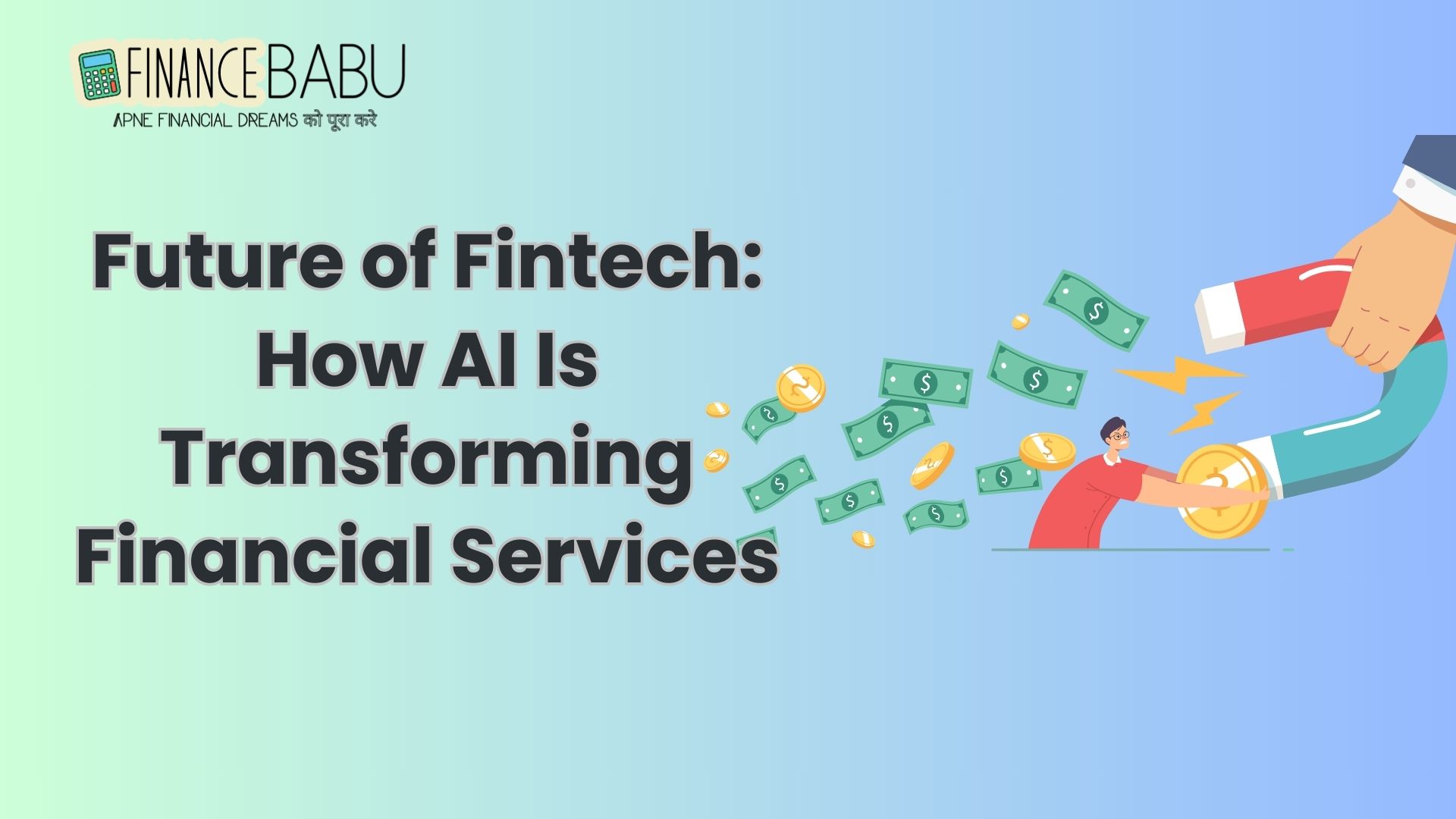The financial sector is undergoing a technological revolution, and Artificial Intelligence (AI) is at the heart of this transformation. From automated debt collections to advanced litigation management systems, AI is reshaping how financial institutions operate, enhancing efficiency, reducing risks, and improving customer experiences.
While AI-driven debt collection platforms have gained significant attention, its applications extend far beyond. Fintech firms are leveraging AI for fraud detection, risk assessment, customer service automation, and personalized financial planning. In this blog, we’ll explore the role of AI in financial services, its impact on debt collection and litigation management, and what the future holds for fintech.
1. The Growing Influence of AI in Financial Services
AI is revolutionizing financial services by automating complex processes, analyzing vast amounts of data, and enhancing decision-making. Key areas where AI is making a significant impact include:
- Risk assessment & fraud detection
- Automated loan approvals & credit scoring
- AI-powered customer support (Chatbots & virtual assistants)
- Personalized banking & financial planning
- Debt collection & recovery processes
- Legal & litigation management systems
With increasing digital adoption, financial institutions are now integrating AI-driven solutions to streamline operations and boost efficiency.
2. AI in Debt Collection: Transforming Recovery Strategies
Traditional debt collection methods relied heavily on manual efforts, leading to inefficiencies and poor customer experiences. AI-driven debt recovery platforms are automating and optimizing the process, making collections more effective while ensuring customer satisfaction.
2.1 How AI Enhances Debt Collection?
- Predictive Analytics: AI analyzes borrower data to predict repayment behavior and optimize collection strategies.
- Automated Communication: AI-powered chatbots and virtual agents engage with defaulters through personalized messages, reducing the need for manual calls.
- Speech & Sentiment Analysis: AI assesses customer sentiment to customize collection approaches, improving recovery rates.
- Regulatory Compliance: AI ensures that collections adhere to compliance standards, reducing legal risks.
One of the leading platforms offering AI-driven debt collection solutions is Credgenics, which leverages automation and analytics to enhance debt recovery.
3. AI in Litigation Management Systems
Financial institutions often deal with legal proceedings related to loan defaults, disputes, and regulatory issues. AI-powered litigation management systems streamline these legal processes, reducing the burden on legal teams.
3.1 Key Benefits of AI in Litigation Management
- Automated Case Management: AI organizes case files, legal documents, and deadlines efficiently.
- Predictive Case Outcomes: AI assesses historical data to forecast possible case outcomes and suggests strategies.
- Legal Document Automation: AI-generated templates reduce manual paperwork, improving accuracy and compliance.
- AI-driven Legal Research: AI scans thousands of legal cases, providing insights and precedents in seconds.
By integrating AI into litigation management, financial firms can reduce legal risks, cut costs, and expedite legal proceedings, ensuring smooth operations.
4. Other AI Applications in Fintech Beyond Debt Collection
Beyond debt collection and litigation management, AI is redefining other areas of fintech.
4.1 AI-Powered Fraud Detection & Risk Assessment
Financial fraud is a growing concern, and AI-driven models analyze transaction patterns in real-time to detect anomalies. Machine learning algorithms identify suspicious activities, preventing fraudulent transactions before they occur.
4.2 AI in Loan Approvals & Credit Scoring
AI-based credit scoring models assess a borrower’s creditworthiness beyond traditional metrics. By analyzing alternative data such as spending behavior, digital footprints, and transaction history, fintech firms can offer loans to underbanked populations.
4.3 AI Chatbots & Customer Support
AI-powered chatbots provide instant, personalized responses to customer queries, enhancing user experience and reducing operational costs for financial institutions.
4.4 AI in Personalized Financial Planning
AI-driven robo-advisors offer customized investment strategies based on an individual’s financial goals, risk tolerance, and spending habits, making financial planning accessible to everyone.
5. The Future of AI in Fintech: What’s Next?
As AI continues to evolve, its role in fintech will expand further. Some key trends that will shape the future include:
- Hyper-Personalized Banking: AI will provide even more tailored financial services based on user behavior.
- AI & Blockchain Integration: Enhanced security and transparency in financial transactions.
- Voice-Activated Banking: AI-powered voice assistants for seamless financial transactions.
- AI-Powered Financial Inclusion: Reaching the unbanked and underserved populations through alternative credit scoring.
The integration of AI in fintech is not just a trend—it’s the future. With advanced technologies continuously emerging, financial institutions must adapt and innovate to stay ahead.
Final Thoughts

AI is reshaping the fintech industry, going beyond just debt collections to litigation management, risk assessment, customer engagement, and fraud prevention. Platforms like Credgenics are leading this transformation, making financial services more efficient and customer-friendly.
As AI technology advances, its role in financial services will become even more prominent, making banking smarter, safer, and more accessible. The future of fintech belongs to those who embrace AI-driven innovation.
FAQs
1. How is AI improving debt collection?
AI automates communication, predicts repayment behavior, and ensures compliance, making debt recovery more efficient.
2. What is an AI-powered litigation management system?
It’s a system that uses AI to manage legal cases, automate documentation, and predict case outcomes, helping financial firms handle disputes efficiently.
3. How does AI help in fraud detection?
AI analyzes transaction patterns in real time, identifying unusual activities and preventing fraudulent transactions before they happen.
4. Can AI improve loan approvals and credit scoring?
Yes! AI evaluates alternative data points, allowing lenders to assess creditworthiness beyond traditional credit scores.
5. What’s the future of AI in fintech?
AI will enhance personalized banking, voice-activated financial services, fraud prevention, and financial inclusion for underserved populations.










